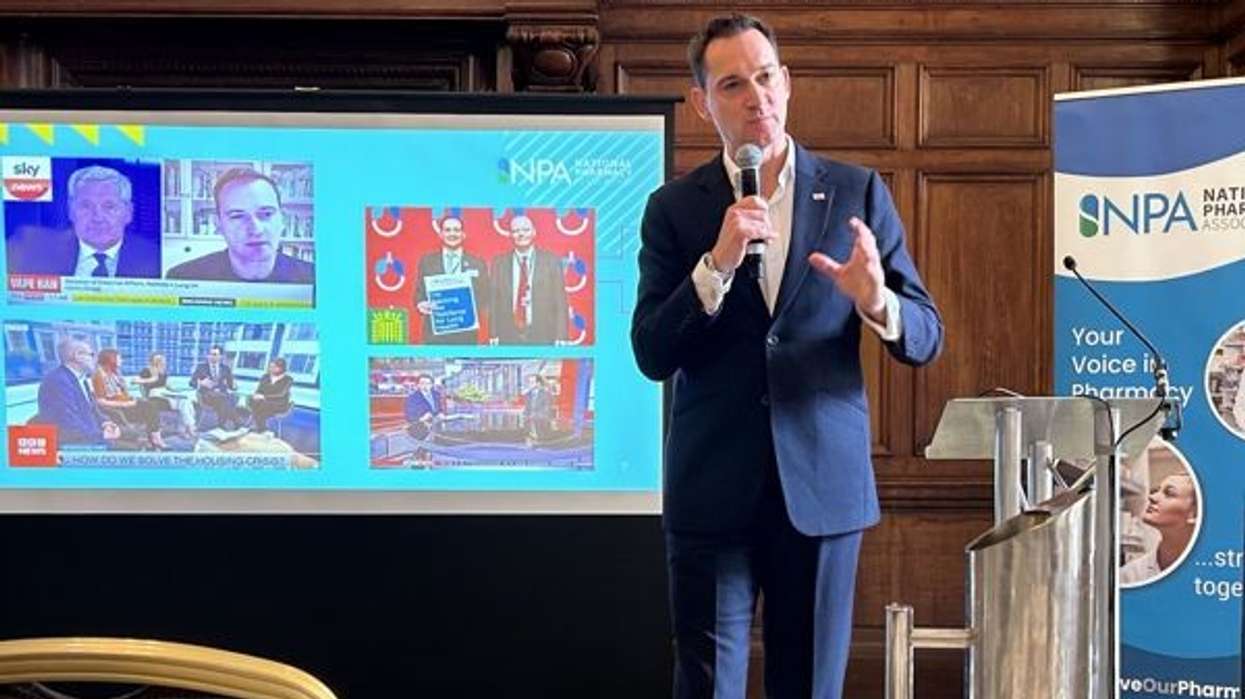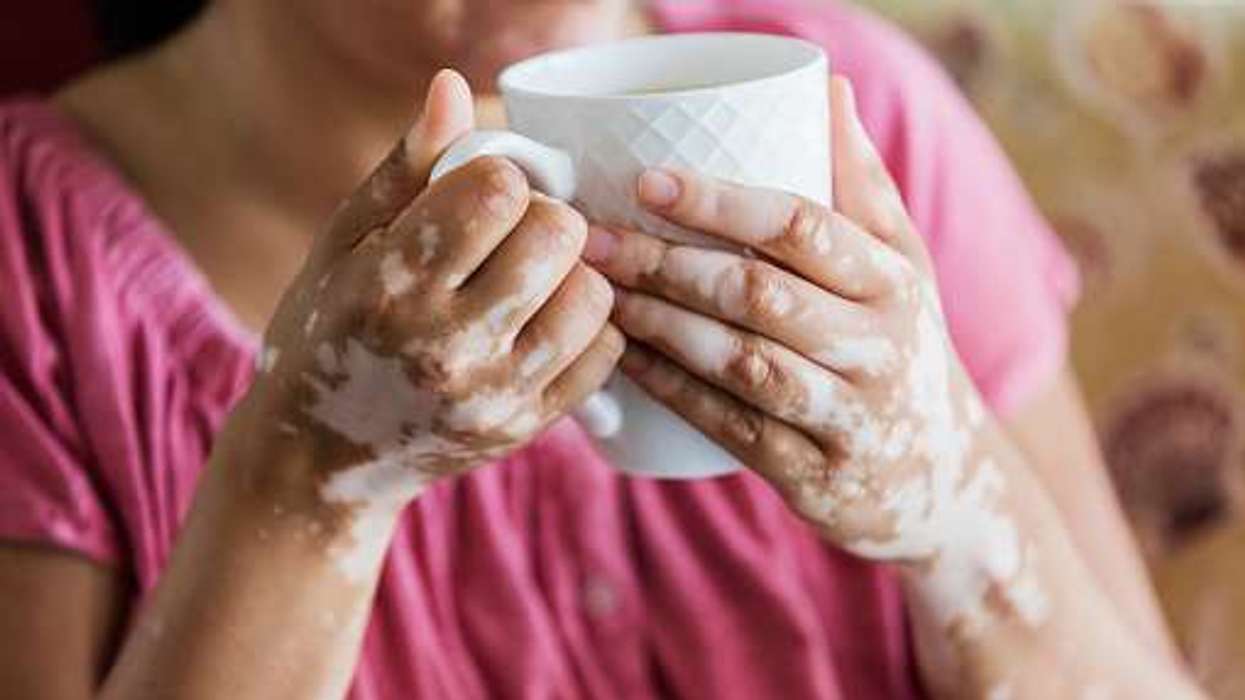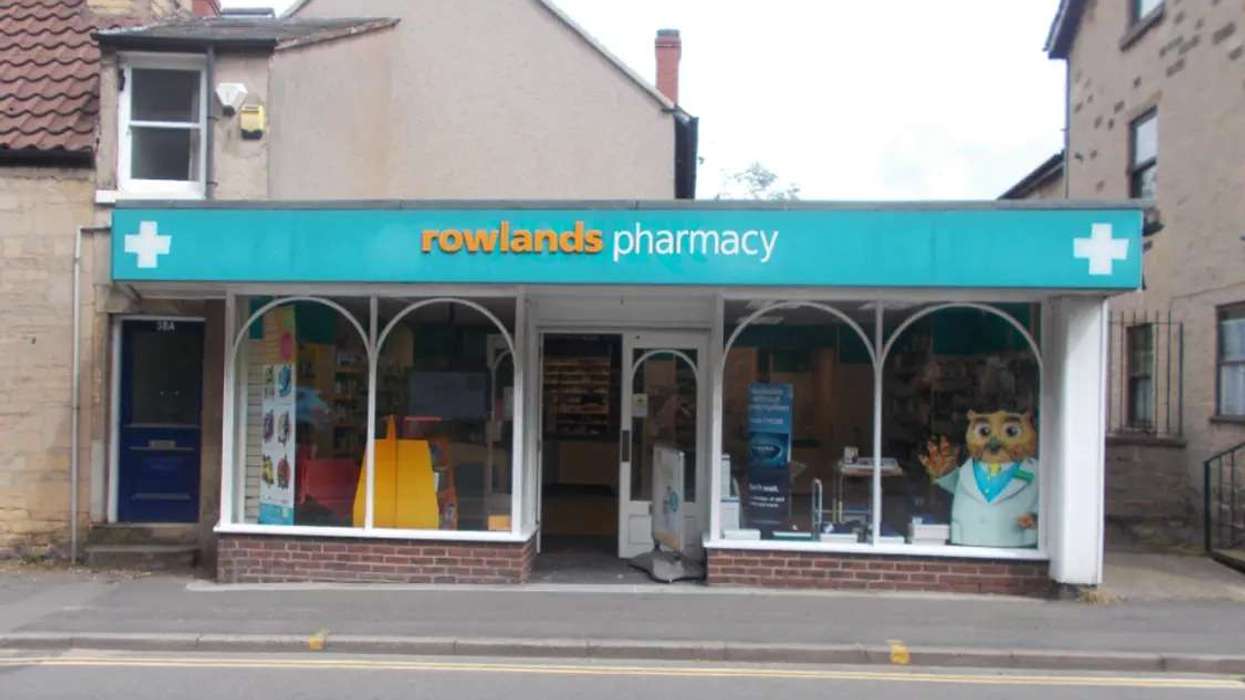Avicenna Conference: Dr Bharat Shah CBE regrets that neither community pharmacists nor pharmaceutical wholesalers in the UK have any control over how Category M reimbursement prices in Part VIII A of the Drug Tariff are determined.
The co-founder and chief executive of Sigma Pharmaceuticals was speaking at a conference organised by Avicenna in West London on Sunday (March 6).
Introduced into the Drug Tariff in April 2005, Category M is used to set the reimbursement prices of over 500 drugs.
The Department of Health and Social Care makes the final decision on the amount of reimbursement (cost of drugs and appliances supplied against an NHS prescription form) and remuneration (fees paid as part of the NHS community pharmacy contract for the provision of a service).
Dr Shah said DHSC sets price for Category M medicines by using information gathered from manufacturers on volumes and prices of products sold as well as information from the Pricing Authority on dispensing volumes to set prices each quarter.
Significantly, NHS England ceased distribution of the monthly printed Drug Tariff to community pharmacies in February 2019 which has made things more unpredictable for both community pharmacy contractors and drug suppliers and wholesalers.
“This formula of putting in money and removing money is controlled by the Department of Health with the data that is supplied by the medicine manufacturers," Dr Shah said, giving examples of how DHSC added £41.6 million for Category M reimbursement prices in 2020 but took away £31.8m in 2021.
“This is something that I think is not very transparent. This is a shame because we are the people who really are impacted by this and you got absolutely no control,” he said.
Since Category M drug prices are set in advance, estimated volumes are used which may differ from actual volumes. However, there is the provision of a built-in correction mechanism which makes adjustments every quarter.
But, Dr Shah noted that the prices are always four to six months old as they are based on the previous quarter.
'Anomaly in the system'
“This is the reason when today price of a certain generic is very high, the category M is very low -- because that was the price six months ago. I think this is definitely an anomaly in the system,” he said.
Dr Shah added that although dispensing has been steady over the last four years there have been significant cost increases, and the number of restrictions have only been rising in the same period.
“The MHRA have really tightened their regulations in terms of transport. Two years ago we were delivering your products in normal vans. Now they're supposed to deliver them in temperature-controlled vehicles which are monitored at our premises,” he said, explaining that they need to call the van back and destroy stock if any deviation is detected.
“That has been a huge thing in terms of many wholesalers slowing down their operations including us. General GDP (good distribution practice) has also been under quite a lot of scrutiny by the MHRA because a lot of wholesalers sprang up and a lot of issues were in the market, specially the controlled trials,” he added.
Dr Shah said manufacturers will be putting in higher prices as profitability has been impacted by several factors, ranging from driver and staff shortages to higher interest rates. And, he exhorted pharmacists to ‘not spend too much time in purchasing’.
“I would like pharmacies to spend time in their services rather than generics because you buy cheaper, the money is only going to be taken away next year,” he said. “Please spend time in your shop on your services, on the running of your consultation rooms etc.”











